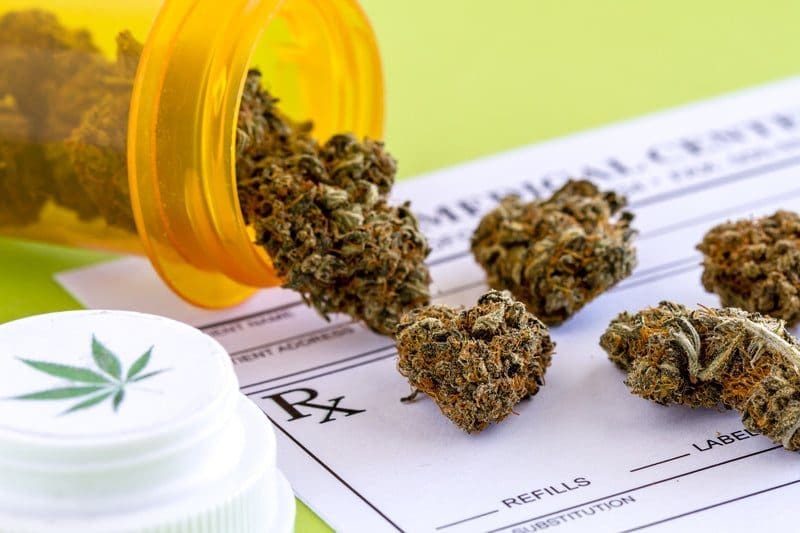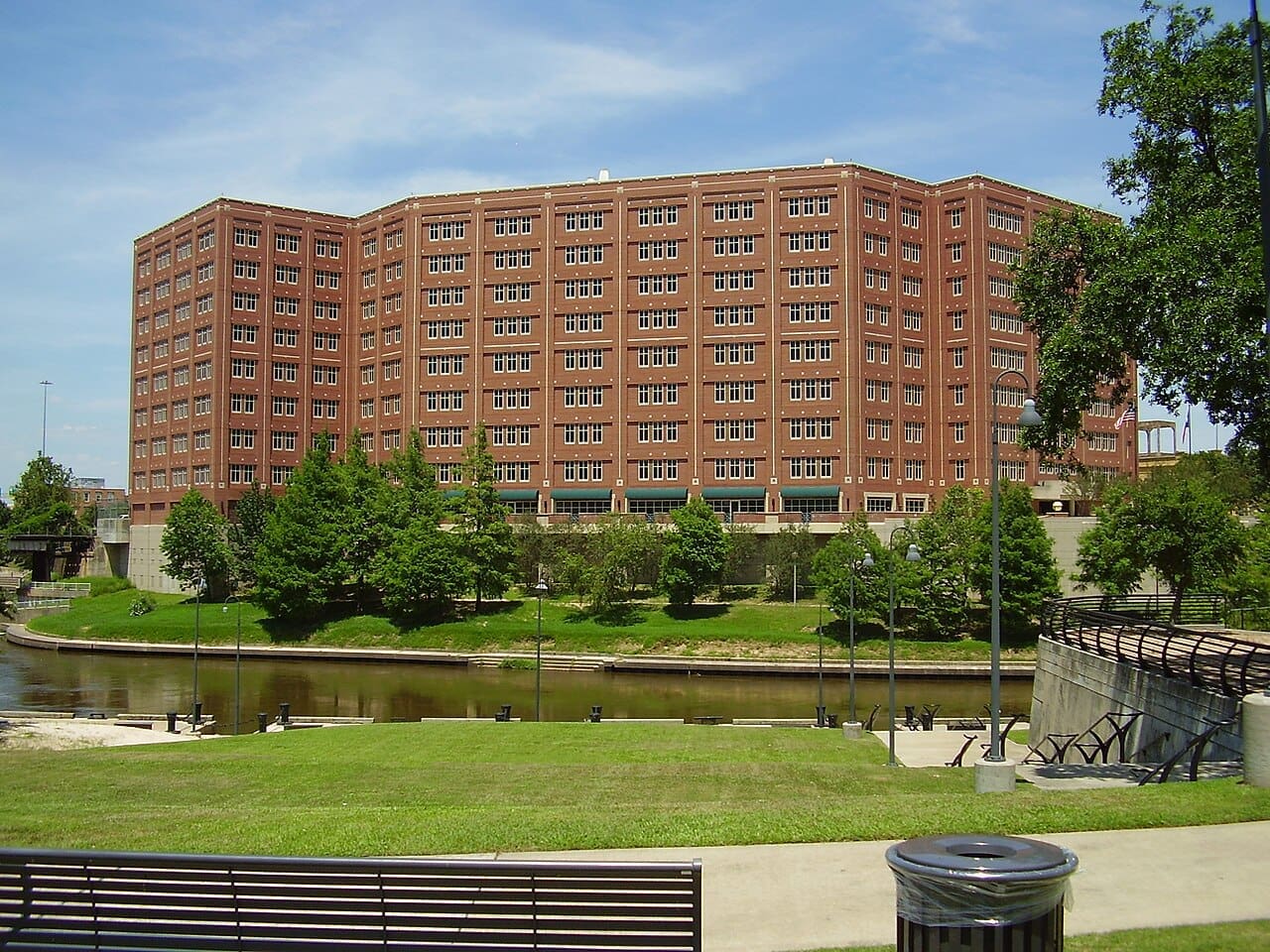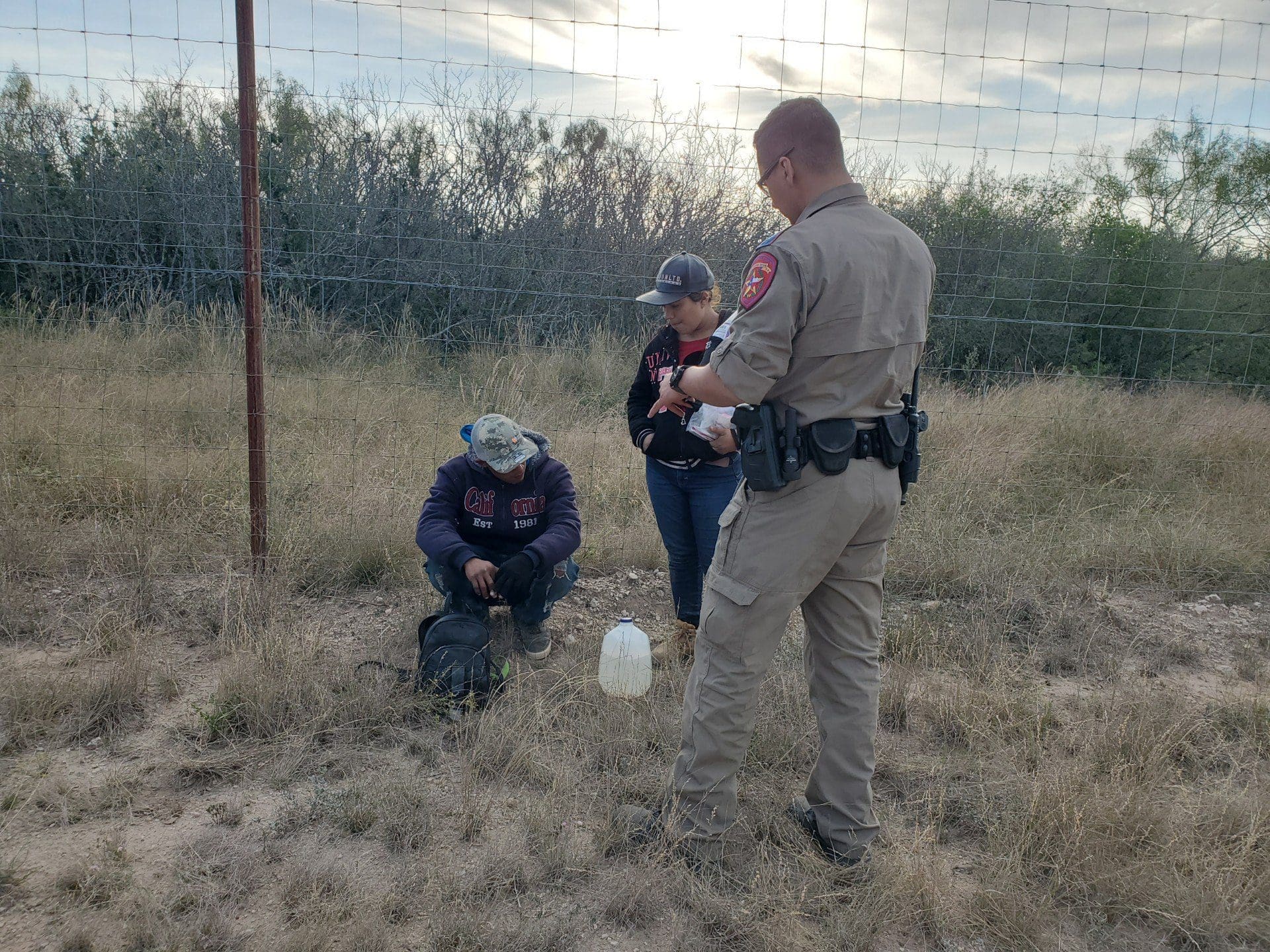Texas Attorney General Ken Paxton is going after Austin and four other Texas cities for adopting policies he says violate the state’s drug laws as it relates to possession and distribution.
In several Thursday legal filings, Paxton singled out Austin and four other cities—San Marcos, Killeen, Denton, and Elgin—for allegedly violating Title 11, Section 370.003 of the Texas Local Government Code, which forbids cities from adopting policies to not enforce drug laws.
He also claimed the cities were in violation of Article 9, Section 5 of the Texas Constitution, a provision that states it is unlawful for municipalities to adopt ordinances inconsistent with laws enacted by the Texas Legislature.
“I will not stand idly by as cities run by pro-crime extremists deliberately violate Texas law and promote the use of illicit drugs that harm our communities,” stated Paxton.
This unconstitutional action by municipalities demonstrates why Texas must have a law to “follow the law.” It’s quite simple: the legislature passes every law after a full debate on the issues, and we don’t allow cities the ability to create anarchy by picking and choosing the laws they enforce.
Notably, none of Paxton’s argument hinges on the federal government’s classification of marijuana as a Schedule I illegal substance under the Controlled Substances Act of 1971.
The move comes after voters in Travis County, where Austin is located, approved a May 2022 proposition allowing for the possession of four ounces or less of marijuana. The election had a shockingly low 11 percent turnout.
KUT News noted that even before the measure passed, Austin police had stopped arresting people for low-level possession, and prosecutors had laid off misdemeanor marijuana cases since at least 2019.
The four other cities mentioned in the legal filings followed in Austin’s footsteps soon thereafter. Currently, a petition to decriminalize marijuana is circulating Dallas in an attempt to garner enough signatures for it to be placed on the November ballot.
A coalition of community organizations and national pro-drug groups rallied outside the Frank Crowley Courthouse on Monday in support of the petition, known as the Dallas Freedom Act.
“Our jail is full of people arrested for misdemeanor arrests,” said Changa Higgins of Dallas Action. “And when you look at misdemeanor possession of marijuana, it’s no different.”
Still, critics have called into question marijuana decriminalization initiatives, characterizing them as slippery slopes to the decriminalization of harder drugs like cocaine, heroin, methamphetamines, and even fentanyl.
Portland, for example, became the first city to decriminalize marijuana possession in 1972. It expanded decriminalization to the aforementioned harder substances nearly 50 years later in November 2020.
But a growing number of Oregon officials, including Democrat Gov. Tin Kotek, are pushing to substantially limit the decriminalization.
Kotek told The New York Times in a December interview that the state is likely going to consider a plan that would prohibit public drug use and give police greater resources to deter the distribution of drugs.
“When it comes to open-air drug use, nobody wants to see that,” Kotek said. “We need different tools to send the message that that is not acceptable behavior.”





